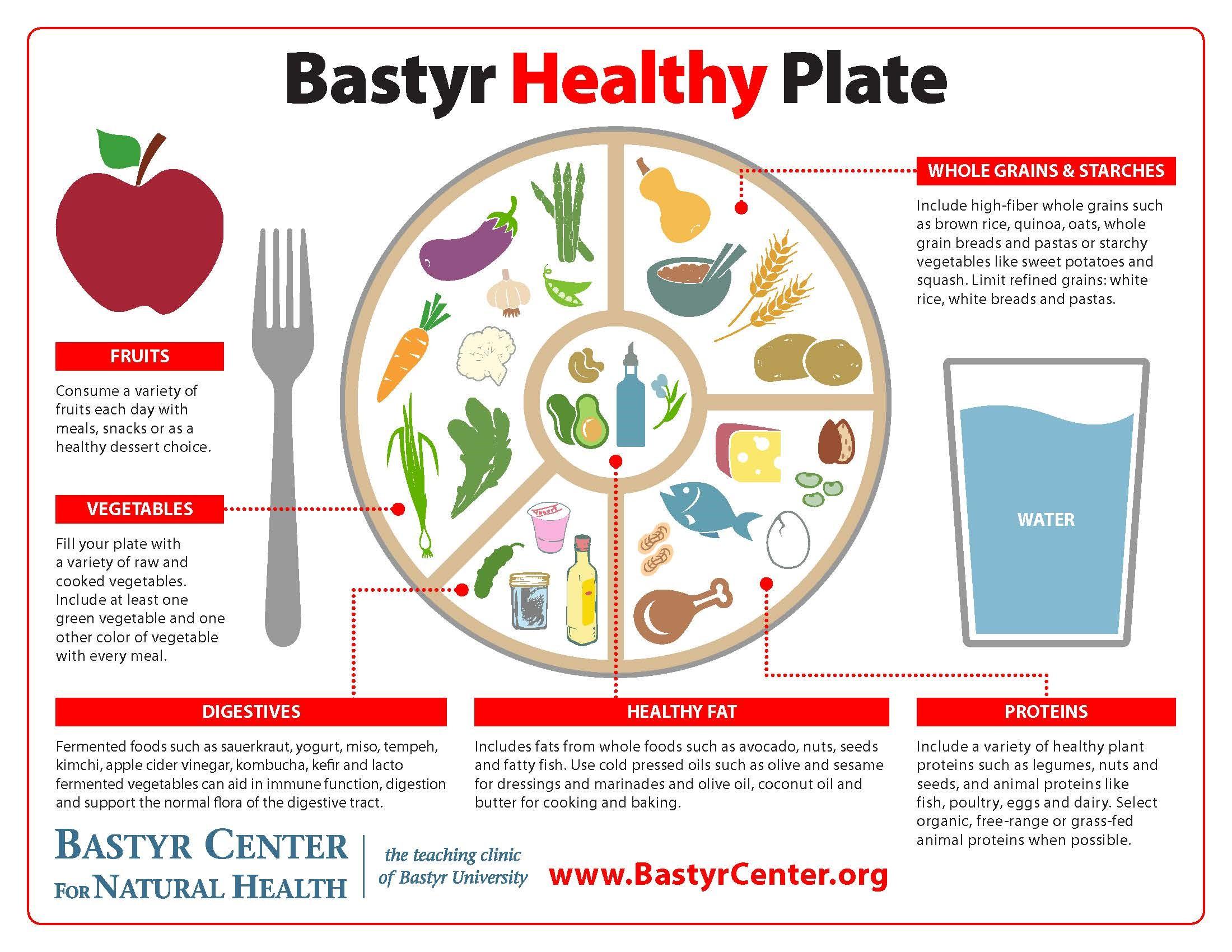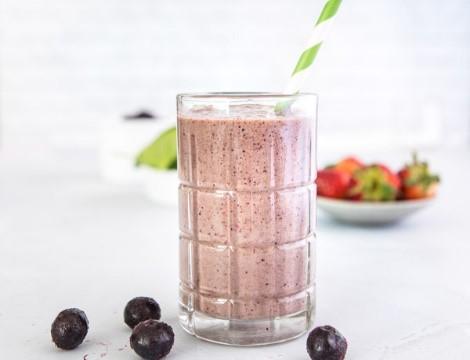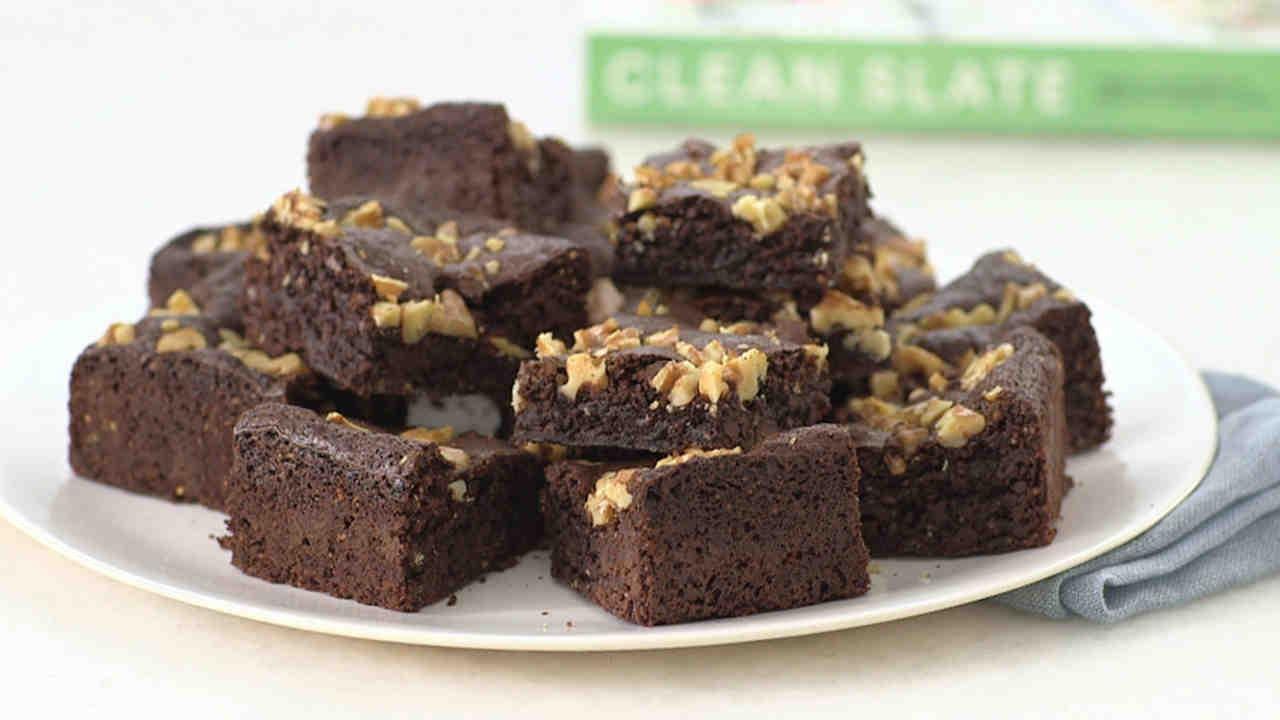Help For Finals!
Have you ever wondered which foods will help you memorize everything you need to know for your next exam? Well, there isn't a magical food that does that, but there are foods that may help improve your cognitive function and memory!
In a NUT Shell
Research has shown benefits on brain health by eating walnuts! It can improve cognitive function, like memory, learning, motor coordination, anxiety and locomotor activity. The National Health and Nutrition Examination Study also found better cognitive scores in people who consumed walnuts in ages 20-59. This research suggests that early and long-term consumption of walnuts may help maintain cognitive function.
Walnuts are a source of omega-3 fatty acids! Nuts contain monosaturated fats and are good protein, dietary fiber, vitamins and minerals sources. Monounsaturated fats help to increase the good cholesterol, HDL, in our bodies and lower total cholesterol.
Are there any other foods besides walnuts that can help? For sure! I know we’ve all been told to “eat your fruits and vegetables,” but why? Yes, fruits and vegetables will give you the necessary vitamins and minerals, but did you know that they may also help with memory?
You’ll KALE About This
Green, leafy vegetables like kale, spinach, collards and broccoli could help slow cognitive decline. They contain vitamin K, folate and beta carotene. These dark green vegetables fall under a group called cruciferous vegetables. They contain phytonutrients, plant-based compounds that could possibly lower inflammation and the risk of developing cancer. Spinach also contains vitamins A and K, essential for eye and bone health. It has folate and iron to help prevent certain types of anemia. Magnesium and potassium are also found in spinach which aids in muscle growth and development. Lastly, spinach has vitamin C, which supports immune function.
Some BERRY Exciting News
Berries are another great option! They can help improve memory and delay memory decline. Blackberries, blueberries and cherries are good sources of anthocyanins, the pigments that are responsible for the colors in these fruits, which may support memory function. Anthocyanins are a part of flavonoids, and flavonoids are phytonutrient compounds. Who is what now? Phytonutrients, also called phytochemicals, are chemicals that are produced from plants. They are in plants, fruits, vegetables and leaves. They are associated with medical benefits, such as anticancer, antioxidant, anti-inflammatory, and antiviral properties.
Oh SWEET!
What comes to your mind when you hear someone say chocolate? Delicious? Sugary? Well, what if you knew dark chocolate contains flavonoids too? As we know, flavonoids have been associated with health benefits. Cocoa flavonoids are associated with cardiovascular health and cognitive function benefits! A study on the benefits of dark chocolate in young adults found that consuming 70% cocoa dark chocolate benefits verbal episodic memory, which is associated with events and personal experiences. Two hours after eating the dark chocolate is when our memory benefits the most. Overall, eating 35 g of dark chocolate benefits the brain in healthy people.
Don’t Get Sleep-PEA
Now that you have this information, how will you have enough energy to apply it? The Academy of Nutrition and Dietetics has some tips for boosting energy! They say eating regularly and eating something every three-four hours can help maintain a healthy metabolism. They continue by saying to be aware of drinks that can make you crash, things with added sugar like regular soda, sugary coffee and energy drinks! Try to balance your meals with the food groups to incorporate whole grains, lean proteins, fruits and vegetables, dairy, and healthy fats. Listen to your body to tell you when you are full or hungry.
The Bastyr Healthy Plate lays out what a balanced plate can look like. About a quarter of the plate should come from whole grains, another quarter of the plate should come from proteins, and almost half the plate is vegetables. Other parts to include on the plate are healthy fats and digestive foods. Fruits and water should also be consumed with meals or parts of snacks! For a bit more detail go here.

Great, now we know the foods to help our memory and have some tips to keep our energy up!
Here are a couple of recipes to try out that have spinach and berries or dark chocolate and walnuts to help boost your memory!
Berries and Spinach Smoothie Recipe
 Ingredients:
Ingredients:
- 2 cups frozen strawberries
- 1/2 cup blueberries
- 1 banana
- 1/2 kiwi
- 2 cups spinach
- 1/2 cup ice cubes
- 1 cup of milk
- 1/2 cup apple juice
- Then, just blend in a blender!
Nutrition:
- 1 cup is:
- 100 calories,
- 0g total fat, saturated fat, and cholesterol
- 45mg of sodium
- Total carb: 25g
- Dietary fiber: 4g
- Protein: 3g
- Calcium 101mg
Walnut Brownies
 Ingredients:
Ingredients:
- 1/3 cup extra-virgin olive oil
- 8 oz dark chocolate, chopped
- 1/3 cup light-brown sugar
- 1/3 cup pure maple syrup
- 2 large eggs
- 2 tablespoons unsweetened cocoa powder
- 1/2 teaspoon baking soda
- 1/4 teaspoon coarse salt
- 2/3 cup almond flour
- 1/2 cup chopped walnuts
Directions:
- Preheat oven to 350°F.
- Brush an 8-inch square baking pan with oil. Line with parchment, leaving overhang. Brush parchment with oil.
- Melt half of the chocolate in a heatproof bowl; whisk in oil, sugar and syrup.
- Remove from heat. Whisk in eggs, one at a time, then cocoa, baking soda and salt.
- Fold in flour and remaining chocolate.
- Pour batter into prepared pan; sprinkle with walnuts.
- Bake until a toothpick comes out clean, about 30 minutes.
- Let cool completely on a wire rack. To serve, cut into 2-inch squares.
